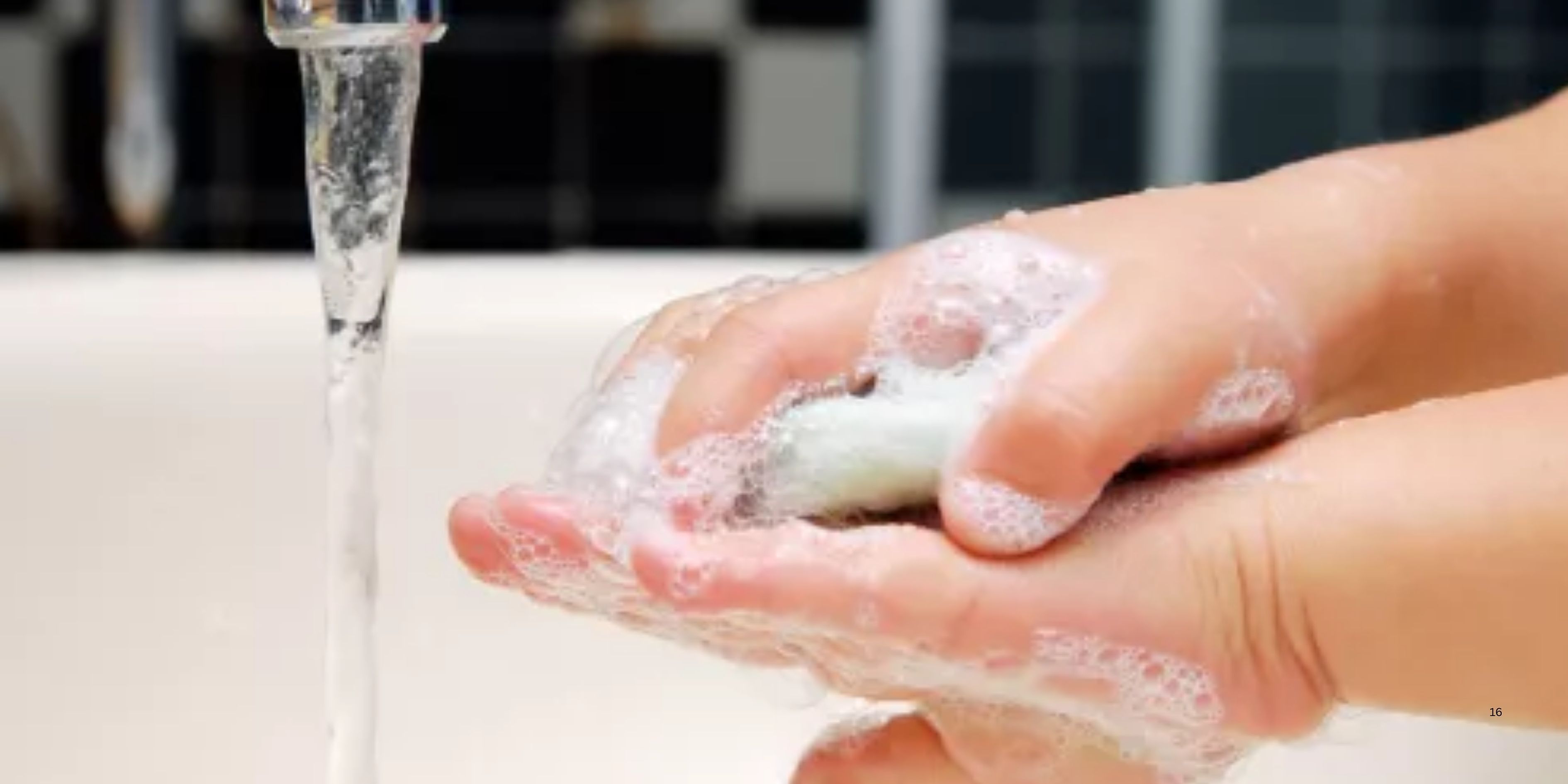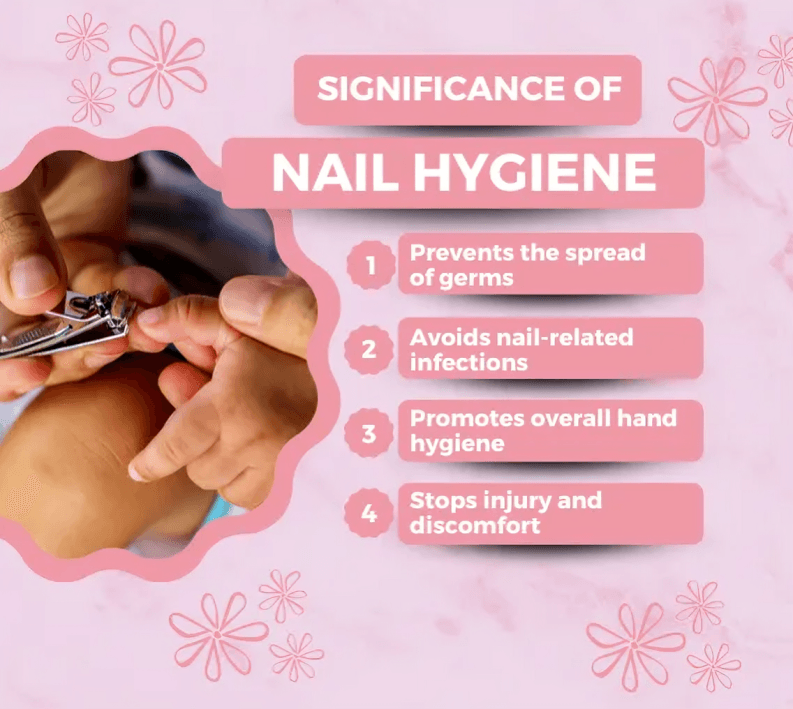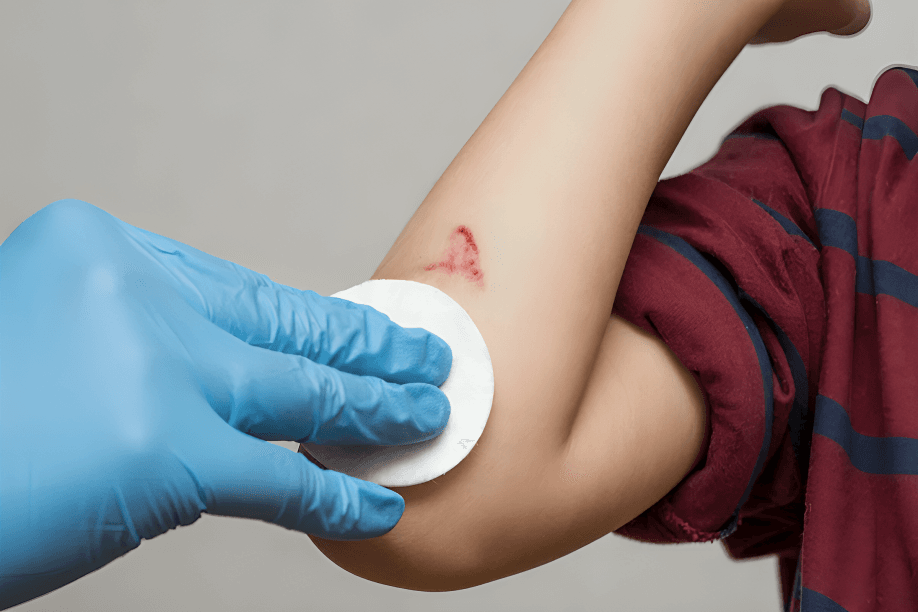
“
The top hygiene practices to prevent infections are crucial in maintaining personal health and preventing the spread of diseases. Regular hygiene habits, from handwashing to cleaning surfaces, are the first line of defense against harmful pathogens. This blog highlights the best hygiene practices to keep infections at bay. 1
”
Washing your hands with soap for 20 seconds removes harmful germs, reducing infection risks, especially after using the bathroom or handling food. This simple step helps prevent the spread of bacteria and viruses.1
Disinfecting high-touch surfaces like doorknobs and light switches regularly reduces the spread of germs, preventing infections from transferring to your hands or face, and lowering your risk of getting sick. 2
Cover your mouth and nose with a tissue or elbow when coughing or sneezing to prevent the spread of respiratory infections. Dispose of tissues immediately and wash your hands to limit transmission.3

Keeping personal items like razors, towels, and toothbrushes separate from others reduces infection risks, as these items often harbor bacteria and can spread germs if shared.
Changing clothes daily, especially after sweating, helps prevent skin infections. Wearing clean underwear and socks reduces the chances of bacteria or fungi causing irritation or other issues. 4
Storing food properly in clean containers helps avoid contamination from harmful bacteria, like Salmonella or E. coli. Always clean kitchen surfaces to maintain a safe food environment. 5
Showering after physical activity removes sweat and bacteria from your skin, reducing the chances of skin infections. Use antibacterial soap and dry thoroughly afterward to avoid moisture buildup. 6
Brushing your teeth twice daily and flossing regularly prevents gum disease and cavities. Mouthwash further reduces bacteria, contributing to overall oral health and infection prevention.7
Washing your bedsheets and pillowcases regularly prevents skin infections caused by bacteria and sweat. Hot water ensures germs are effectively eliminated, keeping your bedding hygienic and safe for your skin.8

Keeping nails clean and trimmed reduces the risk of fungal infections. Long nails can trap dirt and germs, which can spread, while nail-biting introduces harmful bacteria to the mouth.
Using hand sanitizer with at least 60% alcohol is an effective alternative when soap and water aren’t available. It kills most germs on your hands and helps prevent infections when used properly. 9
Avoiding close contact with sick individuals minimizes your chances of contracting infections. Wearing a mask and practicing social distancing can further reduce the risk of airborne pathogens. 10
Cleaning public spaces, such as gyms or airports, helps reduce the spread of germs. Disinfecting equipment or surfaces after use lowers the risk of exposure to harmful bacteria or viruses. 11
A balanced diet strengthens your immune system, making your body better at fighting infections. Foods rich in vitamins, like fruits and vegetables, help boost your body’s defense mechanisms. 12
Staying hydrated by drinking water flushes toxins from the body and keeps your urinary system healthy. It also prevents skin dryness and irritation, reducing the risk of infection. 13
Properly disposing of waste, like tissues and sanitary products, ensures harmful germs don’t spread. Always use sealed bags or bins to keep waste separate from food and living areas. 14
Washing hands after handling pets or cleaning up after them reduces the spread of zoonotic infections, as animals can carry bacteria that can be passed to humans. 15

Keeping wounds clean and properly covered reduces the risk of bacterial infections. Clean cuts with mild soap and water, and change bandages regularly to promote safe healing.
Keeping your home well-ventilated prevents moisture buildup, which can lead to mold and respiratory infections. Open windows and use exhaust fans to ensure proper airflow. 16
Practicing proper food handling, like washing hands before cooking and separating raw meats, reduces foodborne infections. Always cook meat to the recommended temperature to kill harmful bacteria.17


